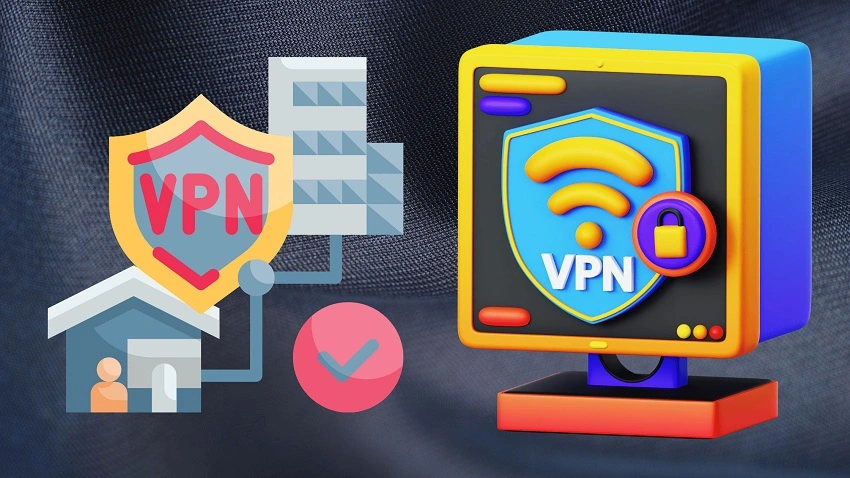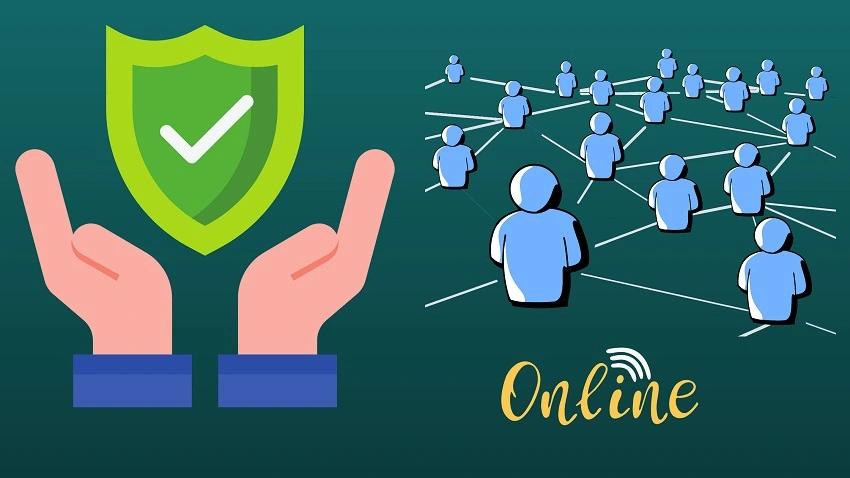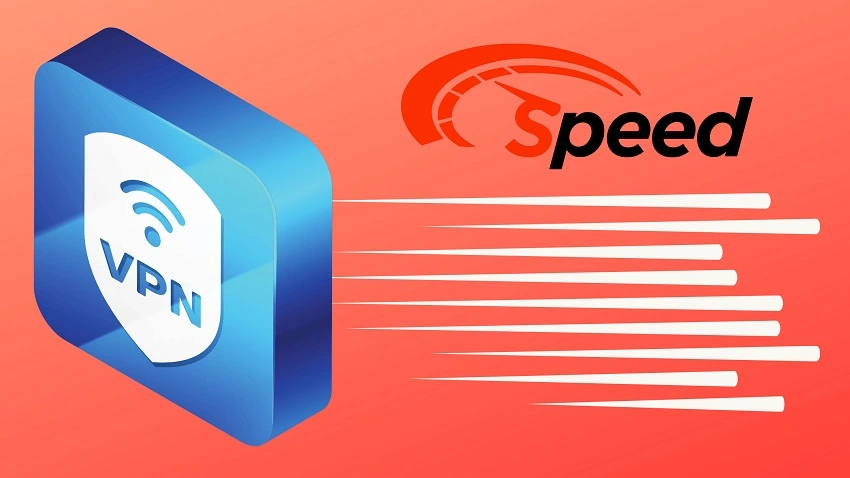Tired of hearing about Virtual Private Networks(VPNs) but still confused about what they are and why everyone appears to be using them? Confidence-wise, you have company. Especially with the growth of remote work and internet privacy concerns, VPNs, or Virtual Private Networks, have exploded in popularity in recent years. We’ll cover some of the most frequently asked questions concerning virtual private networks (VPNs) and their answers below so you can get up to speed quickly.

Table of Contents
Define a virtual private network (VPN).
Create an encrypted connection between your device and the internet using a virtual private network (VPN). When a user connects to a virtual private network, all of their data is encrypted before being delivered to the VPN server. This server sits in between your gadget and the internet, hiding your true location and the information you send and receive online.
How Exactly Does a Virtual Private Network Operate?
Virtual Private Networks (VPNs) allow users to connect their devices to a remote server through an encrypted connection. Anyone attempting to intercept your data will be unable to do so successfully since this connection is encrypted. The VPN server decrypts your data before sending it out onto the public network.
The benefits of using a virtual private network.
A Virtual Private Network (VPN) may be useful for a variety of reasons. Some of the most frequent are as follows:
Secure Communication Online

By encrypting data and hiding your IP address, virtual private networks (VPNs) help keep users’ online activities private. As a result, neither your ISP nor any governmental or hacking agency will be able to monitor your Internet activity.
Second, a virtual private network (VPN) may help you feel more secure online by encrypting your data and blocking access to anybody who shouldn’t have it.
Thirdly, Getting Around Regional Restriction VPNs may be used to get access to websites and services that are region- or country-specific, such as streaming services. If you connect to a server in another nation, these services will believe you’re located there and provide you access to the region’s content.
Are Virtual Private Networks (VPNs) Legal to Use?
Most nations do not consider VPN use illegal. There are, however, a few notable exceptions. Countries like China, North Korea, and Iran have made VPN use illegal.
Does Using a VPN Impact Your Connection Speed?

Yes, utilizing a virtual private network will affect your connection speed. The reason for this is because your information has to be encrypted and routed via an additional server before it can reach its final destination. The advantages of utilizing a VPN, however, often exceed the modest performance drop experienced by users.
Which Virtual Private Network Is Best?
Due to the abundance of VPN services, choose the best one might seem like an insurmountable challenge. Consider these questions while deciding on a virtual private network:
1. Safety
Make sure the virtual private network (VPN) you use keeps no logs and employs robust encryption.
2. Speed
Find a VPN service with high server speeds to avoid frustrating connection delays.
3. Agreeableness
Make sure the virtual private network (VPN) you choose works with all of your gadgets and software.
4. Price
Think about how much the VPN will cost you and what features and advantages it will provide.
Conclusion
In conclusion, a Virtual Private Network (VPN) is an excellent tool for enhancing both online privacy and security. A virtual private network, or VPN, may shield you from snooping eyes like hackers and governments by encrypting your data and concealing your IP address. Think about things like privacy, speed, compatibility, and cost while deciding on a virtual private network.
Pingback: 2 Methods To Turn Off Read Receipts on Instagram - RefixTechnology
Pingback: How 5G Technology Works and Why It’s Transformative for Tech Enthusiasts - RefixTechnology
Pingback: The Future of Digital Payments and Innovations Should Know - RefixTechnology
Pingback: Elevate Your Cybersecurity Game with These Essential Tips - RefixTechnology